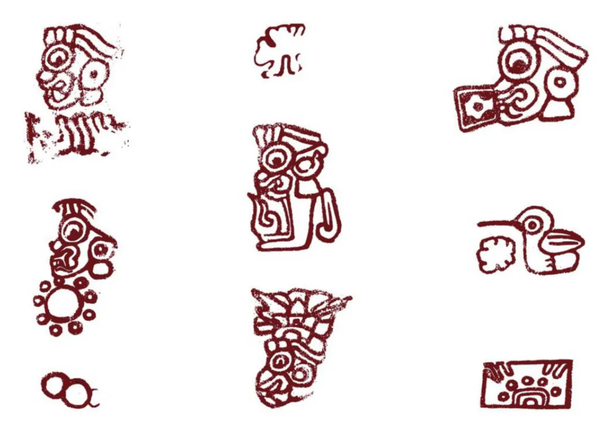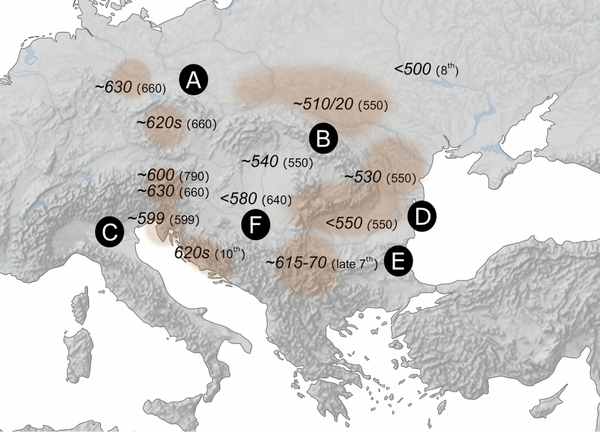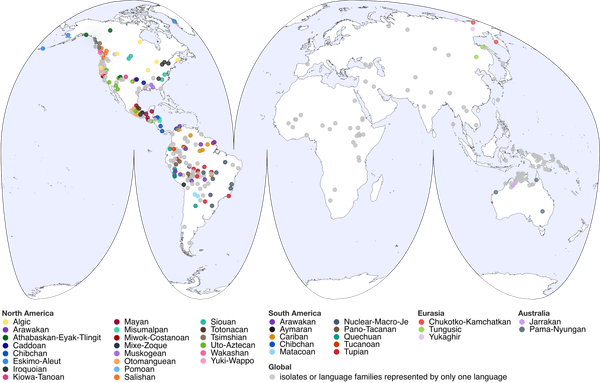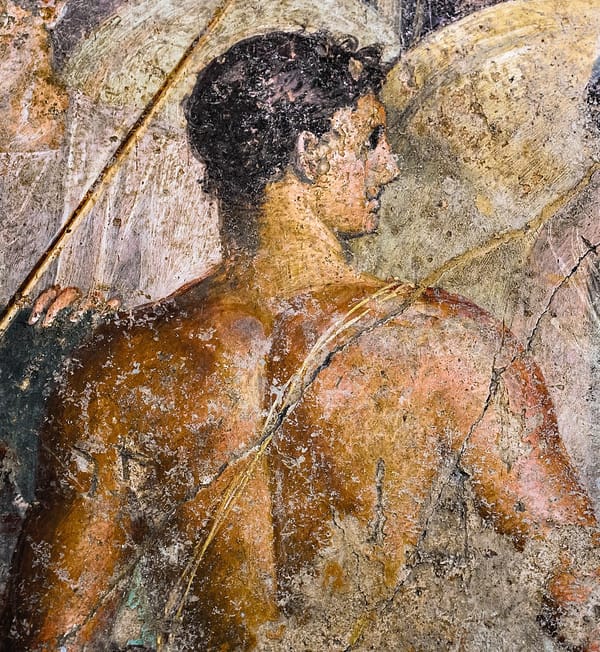
Current Linguistics
Men speak with vocal fry just as much as women
Also in the news this week: Merriam-Webster chooses “slop” as the 2025 Word of the Year; Gaelic and Scots now recognized as official languages in the UK; and Canada’s prime minister called out for using British spellings











